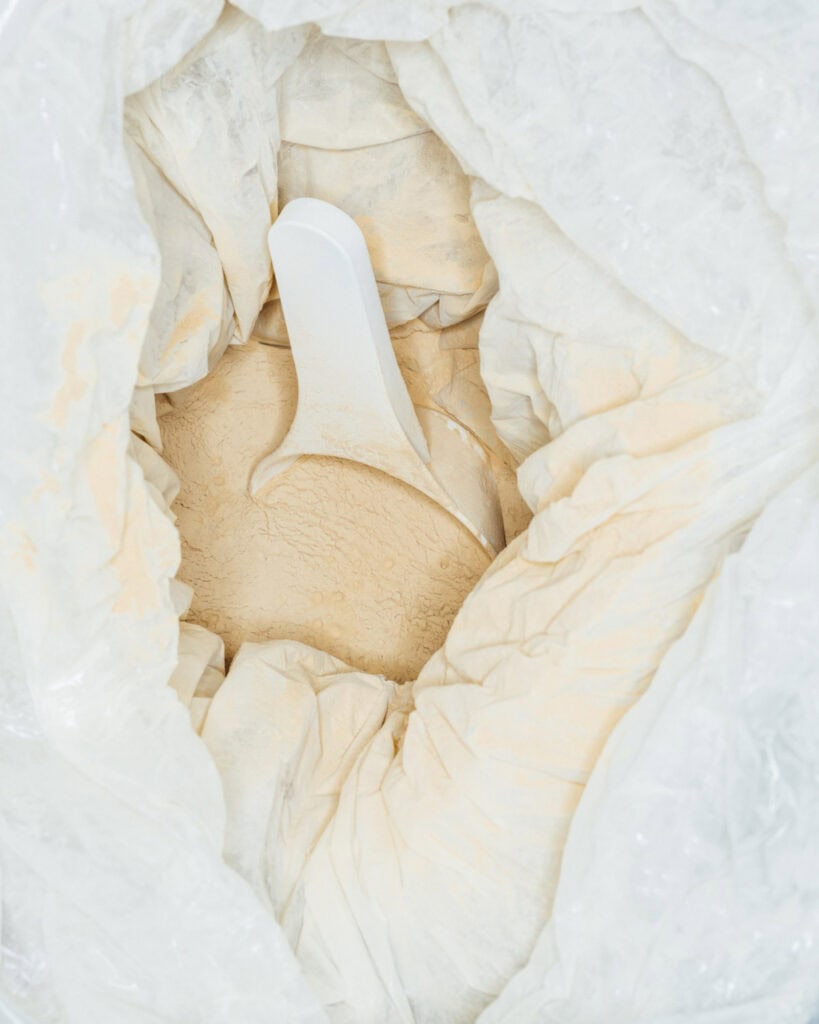New palatability trials by biotech innovator MicroHarvest have found that both cats and dogs preferred the company’s MPX microbial protein to a control food.
The tests used an MPX-based kibble made in collaboration with a Portuguese animal nutrition company. They found that 68% of cats and 58% of small dogs chose the MPX protein first, favouring it over a control option consisting of a commercially available reference formula.
Additionally, the cats showed close to a 50% increase in portion intake when given the MPX-based protein, with three-quarters of owners reporting that their pets consumed the same or more than their typical portion. The dogs also ate close to half (44%) more MPX kibble compared to the control diet, with 90% of owners confirming that their pets consumed the same or more than usual.
The MPX kibble was made using a modified version of an existing formula, with some animal derivatives replaced with MPX. Other variables, such as the size and shape of the kibble, were kept as close as possible to the original food.

“Microbial protein can compete on taste”
MicroHarvest’s protein is produced through a natural fermentation process
that uses agricultural sidestreams as a feedstock. It is said to be one of the
fastest large-scale protein production processes in the world; in 2023, the company claimed the ingredient could be produced within 24 hours.
Later that year, MicroHarvest opened a pilot plant to accelerate its commercialisation plans after raising €1.5 million. In November 2024, the company reported it had scaled its production process to ten tons per day in a single vessel as part of a new large-scale trial.
MicroHarvest also partnered with plant-based pet food brand VEGDOG last year to introduce a dog treat made from microbial proteins.
“These results mark a significant milestone for alternative proteins in the pet food industry,” said MicroHarvest application specialist Ally Motta. “Palatability is a non-negotiable factor, and the fact that both cats and dogs not only preferred MPX but consumed more of it proves that microbial protein can compete on taste, not just sustainability or nutrition. It opens the door for formulators to confidently innovate with next-gen ingredients that pets genuinely love.”





